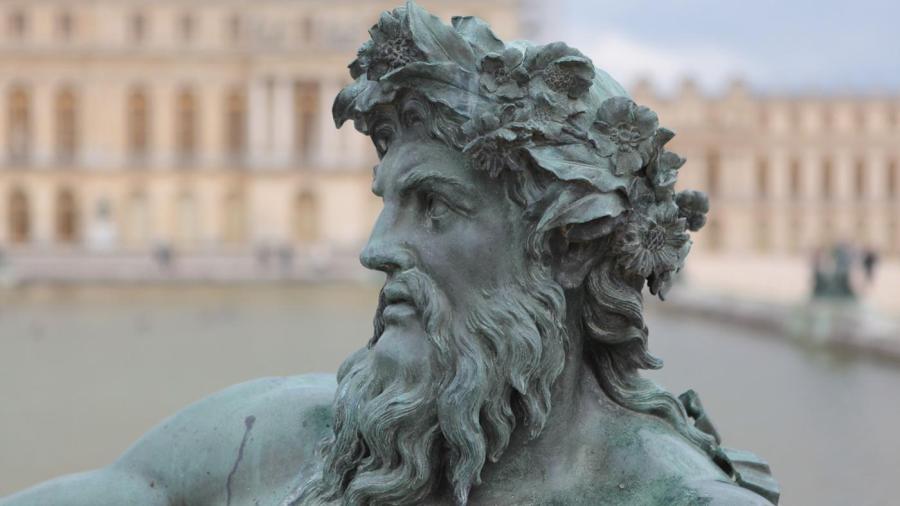What Are Characteristics of Zeus?

Zeus was usually depicted as regal, in control and strong. He gave wise counsel and was the supreme leader of all the gods. Zeus was quick to anger if disrespected, throwing thunderbolts from the heavens. His physique was that of an idealized mature man in the prime of his life. He was bearded, powerful, decisive, prudent and sexually potent. Zeus was notoriously lascivious.
Zeus’ domain was the sky, and his symbols were the eagle, oak tree, bull and lightning bolt, each of which was associated with strength, fortitude and power. Zeus’ power is greater than that of all the other gods. His mother, Rhea, saved him from his father, Cronus. Zeus, who was wise in counsel and command, freed all those imprisoned by Cronus and defeated him, earning the right to be king of the gods. As such, he is a bringer of order and civility.
Zeus may be powerful, but he is not all-powerful or immune to the powers of other deities or forces. He, like other Greek gods, was not a template for human behavior. Zeus often showed great strength, wisdom and mediation skills, settling arguments between the gods, but still made many poor decisions. Mortals or gods who swore oaths and broke them were likely to be smote by Zeus. He established and enforced Xenia, the sacred practice of hospitality to strangers and those in need.
Zeus’ promiscuity and sexual encounters are thought to have represented male virility, potency and the supreme act of creation. Some of Zeus’ endeavors benefited gods and mortals, while others did not. His brief marriage to Metis brought Athena, who sprung from Zeus’ head fully grown and armed. Other divine couplings created Hermes, Apollo, Artemis, Ares, Hephaestus, Dionysus, the Muses, the Fates, Persephone and the Graces. Relationships with mortals produced powerful warriors and wise rulers, such as Heracles, Perseus, Minos, Harmonia and Helen of Troy.





